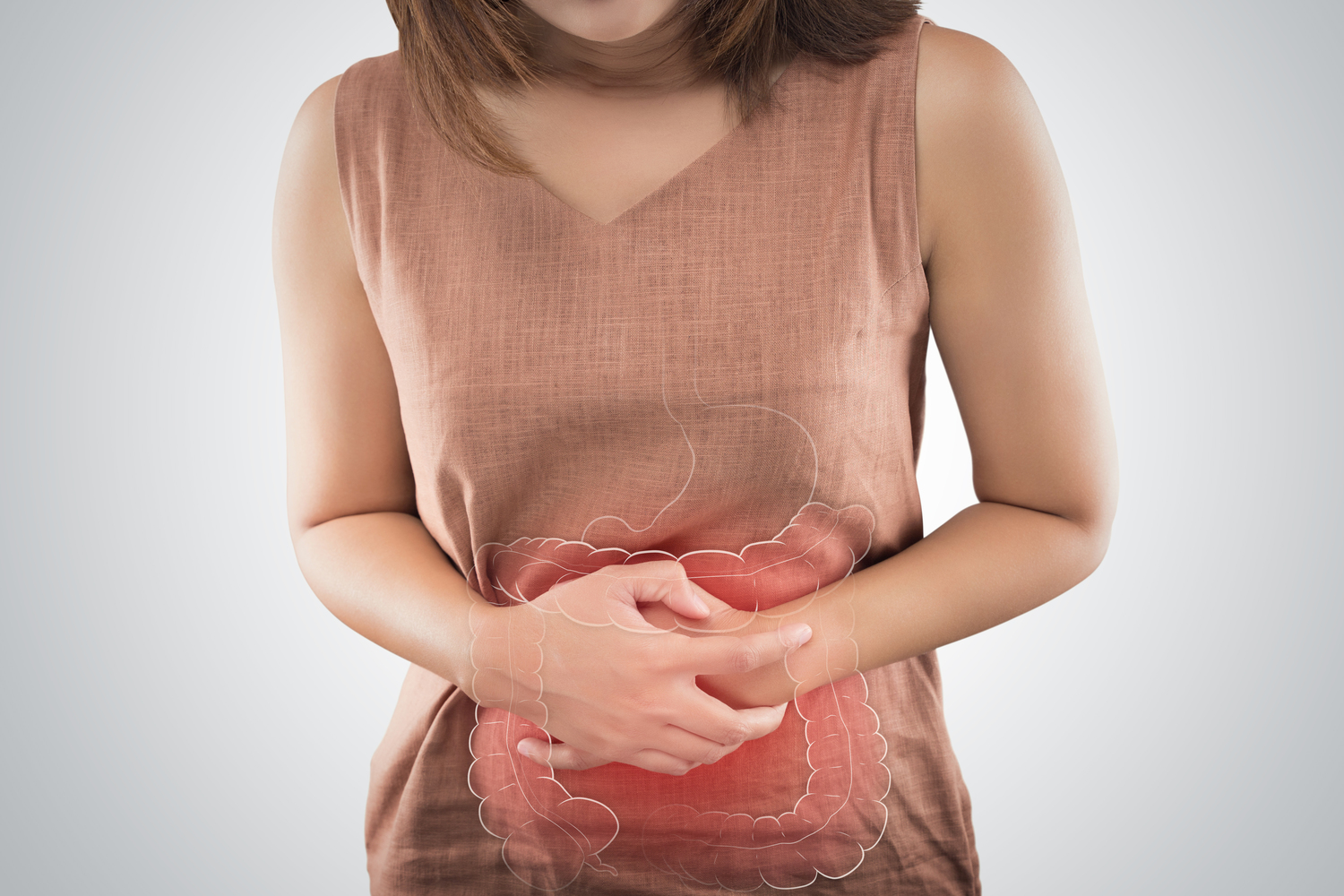An Overview Of What Happens During Bowel Problems
An overview of what happens during bowel problems
Bowell problems or disorders refer to the abnormality in and poor functioning of the digestive system leading to problems in digesting and absorbing food. It is primarily related to the small intestine, but it can spread to the other parts of the digestive system as well. Bowels problems are usually brought on by unhealthy eating habits, weather changes, unsuitable water, and such.
What are the types of bowel problems?
Medical science has categorized bowel disorders into three types, which are as follows:
- Irritable Bowel Syndrome or IBS : It is one of the most common gastrointestinal diseases, which affects both the large and small intestines.

What are the causes of bowel problems?
Though in many cases the specific cause of bowel disorder is unknown, below are a few factors which commonly trigger bowel problems.
- Family history
- Lifestyle factors such as poor eating habits
- Smoking
- Factors related to immunological and microbial aspects of the body
- Celiac disease, which is genetic
- Intestinal obstruction, which is caused by surgeries or injuries. Further, certain prolonged medication also triggers intestinal obstructions.
What are the key symptoms of bowel problems?
The symptoms of bowel disorders depend on the patient and its type. Few of the most common characteristics of bowel disorders are listed below.
- Vomiting
- Nausea
- Abdominal pain and discomfort
- Constipation
- Abdominal bloating
- Diarrhea
- Blood in stool
- Sudden weight loss and fever
What is the diagnostic procedure for bowel problems?
If you notice obvious symptoms of bowel disorders, it is wise to consult with your doctor immediately. Doctors follow the below-listed procedures to diagnose bowel disorders.
- To confirm an Irritable Bowel Syndrome, doctors need to understand the amount of abdominal pain you have been experiencing.
- Furthermore, doctors will study the frequency of the bowel movements and consistency of your stool, as well as any changes in it.
- To diagnose Crohn’s disease and Intestinal Obstructions, doctors take help of imaging technologies such as CT scan, MRI, or an endoscopy. Doctors may also suggest a blood test.
- Blood tests and biopsies are preferred to diagnose Celiac disease. Doctors use endoscopy to collect sample tissues from the small intestine a biopsy and analysis.
Can medications help treat bowel problems?
- In some cases, medication is required to control Crohn’s disease and Irritable Bowel Syndrome.
- Doctors usually prescribe antidiarrheal medications to treat bowel disorders.
- To deal with constipation, stool softeners are recommended.
- For the treatment of Crohn’s diseases, doctors often recommend painkillers to relieve abdominal discomfort.
What changes in lifestyle can help reduce bowel problems?
- Doctors recommend lifestyle changes to control bowel disorders, which include changes in diet. This process is mostly followed to treat Irritable Bowel Syndrome and Crohn’s disease. Including a good amount of fiber in your diet is the key towards treating bowel disorders.
- For Celiac disease, doctors suggest adopting a gluten-free diet. It is wise to avoid foods if not gluten-free, like wheat and barley, which contain gluten.
- Doctors also suggest to create a food planner and opt for more personalized treatments by analyzing the food triggers and helping keep them at bay.
- As a treatment strategy, the doctors also suggest tips for stress management, regular exercise, and proper sleep.
What surgery options can treat bowel problems?
- A surgery is recommended to clear the intestinal blockage of Crohn’s disease, to remove the damaged or diseased tissue.
- The doctor, however, always suggests trying to control the bowel disorders with lifestyle changes and medication first.
- Intestinal obstruction is also treated with surgeries to remove or bypass it.
The success of treatment and cure for bowel disorders highly depends on lifestyle changes. Consult your doctor regularly for personalized care and a speedy recovery.

